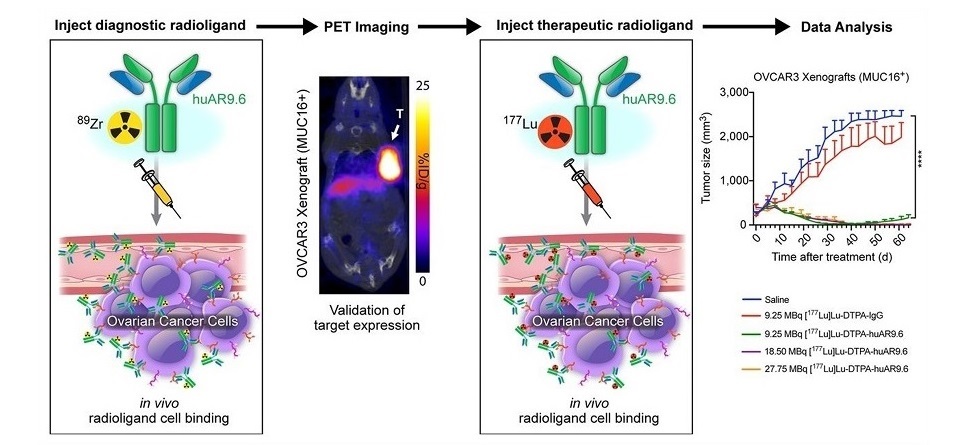Proton Therapy for Prostate Cancer Patients Offers Long-Term Patient Survival with Optimal Quality of Life
By MedImaging International staff writers
Posted on 26 Feb 2014
Five years after having proton therapy for the treatment of early- and intermediate-risk prostate cancer, 99% of men are cancer-free and with excellent quality of life, according to new findings. Three-quarters of those patients with high-risk prostate cancer are also disease-free.Posted on 26 Feb 2014
The University of Florida (UF) Proton Therapy Institute (Jacksonville, USA) study, published in the March 1, 2014, issue of the International Journal of Radiation Oncology Biology Physics, adds to the body of evidence pointing to an important role for proton therapy in the effective treatment of prostate cancer, according to Nancy P. Mendenhall, MD, lead author and medical director of the UF Proton Therapy Institute.

Image: Patient preparing to undergo proton therapy (Photo courtesy of the University of Florida Proton Therapy Institute).
“These proton therapy results compare very favorably with IMRT [intensity-modulated radiation therapy] results, particularly for intermediate risk-disease, where disease control rates of 70%–85% are typical,” said Dr. Mendenhall, the associate chair of the UF College of Medicine department of radiation oncology. IMRT is a type of radiation that uses photons, or X-rays, to deliver radiation. Proton therapy utilizes protons, particles of an atom, to deliver radiation.
The study monitored 211 patients who participated in prospective Institutional Review-Board approved trials. In each track, patients were administered proton therapy over an eight-week period, a shorter interval than typical with IMRT, which may last nine to nine-and-a-half weeks. Researchers used standardized data-collecting techniques for both physician-reported and patient-reported outcomes.
The findings revealed cancer-free survival rates at five years for low-, intermediate-, and high-risk patients are 99%, 99%, and 76%, respectively, whereas overall survival rates are 93%, 88%, and 90%. Furthermore, the serious gastrointestinal and urologic complication rate is low, at 1.4% and 5.3%, respectively, for all patients. Patients also reported good outcomes in relation to both urologic and bowel functions.
Related Links:
University of Florida Proton Therapy Institute














